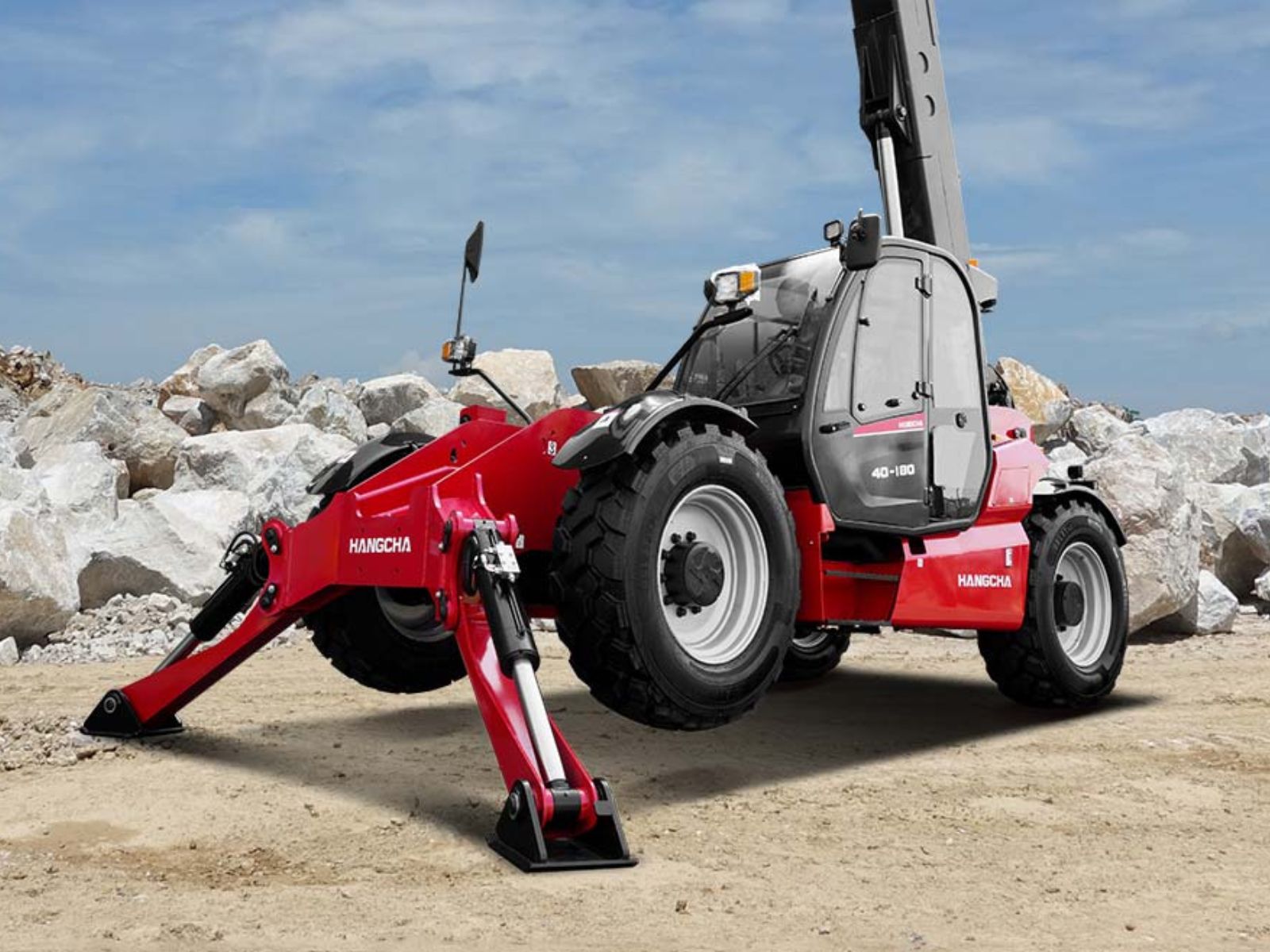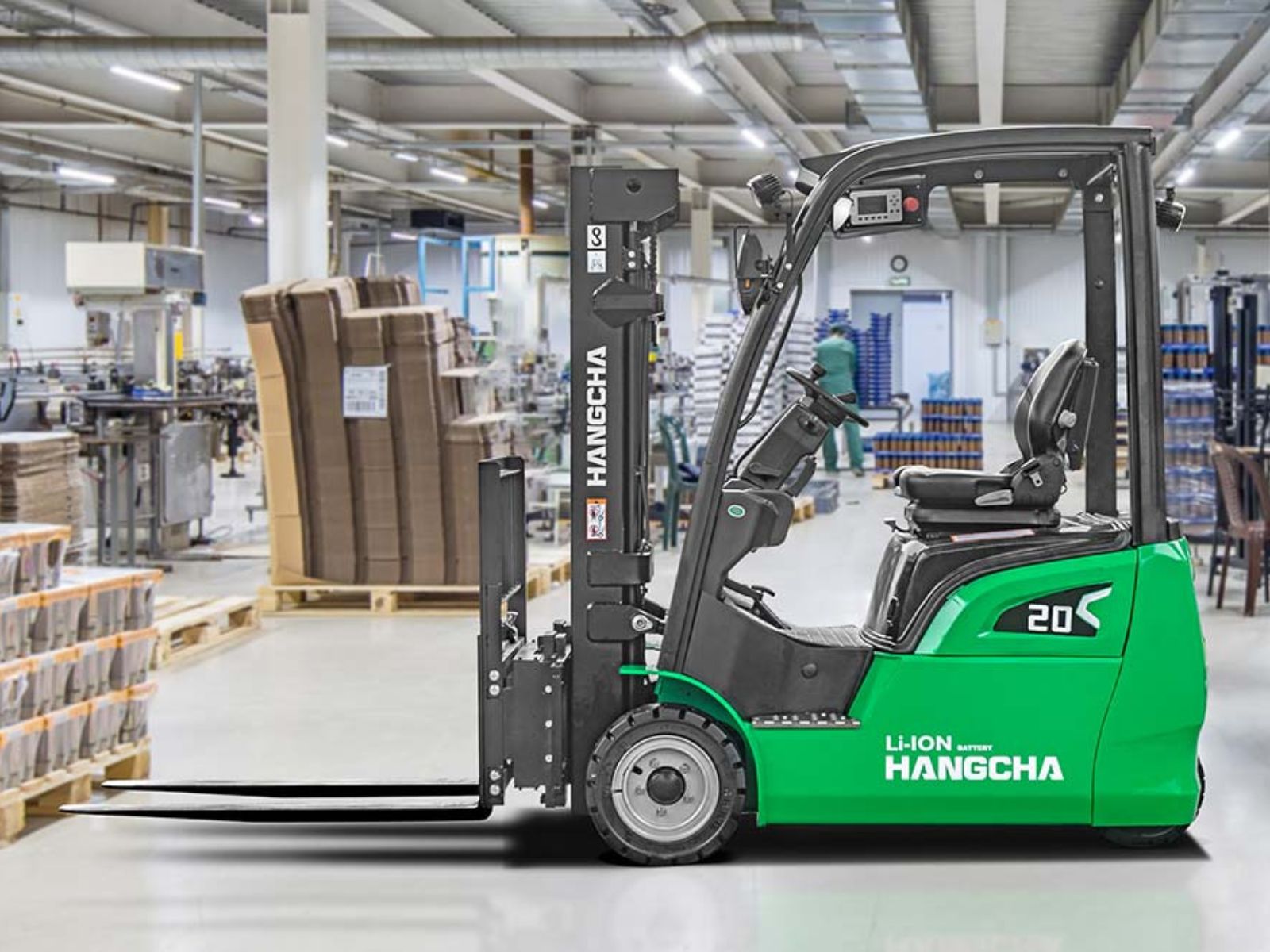Skid steers, known for their compact design and versatility, have become essential in sectors ranging from construction to agriculture. This guide highlights their diverse applications and explains why they are often the preferred choice over other loaders for specific tasks. For those in the market for this versatile machine, visit our skid steers for sale to find a model that suits your specific requirements.
The Basic Functions of Skid Steers
Lifting and Transporting Materials
Skid steers are adept at lifting and moving heavy materials. Their robust lifting arms and various bucket attachments make them perfect for tasks like transporting soil, rocks, and construction debris.
Excavation and Digging
Equipped with digging attachments, skid steers can easily undertake excavation tasks. This makes them ideal for preparing foundations, trenching for utilities, or even landscaping projects.
Enhanced Versatility with Specialized Attachments
Advanced Material Handling
Attachments like forks and grapples extend skid steers’ capabilities in material handling. They become invaluable in warehouses, farms, and construction sites for moving pallets, bales, and other materials.
Precision Drilling with Auger Attachments
Auger attachments enable skid steers to carry out precise drilling operations, ranging from creating post holes to performing geotechnical explorations, essential in construction and agriculture.
Snow Removal and Site Cleaning
In regions with snow, skid steers become crucial for removal tasks with snow blower or plow attachments. Broom and bucket attachments also allow them to perform urban cleaning and site maintenance effectively.
Versatile Roles of Skid Steers in Various Industries
Key Player in Urban and Rural Development
In urban areas, skid steers prove invaluable for road repairs, small-scale demolitions, and utility works. Their compact design enables them to navigate and operate efficiently in confined spaces typical of city infrastructure projects.
Essential in Agriculture and Farming
In the agricultural sector, skid steers are instrumental for tasks such as soil preparation, crop management, and general farm maintenance. They are used for loading and transporting feed, clearing fields, and even in some harvesting processes, showcasing their adaptability in diverse farming environments.
Supporting Mining and Quarry Operations
Within mining and quarries, skid steers are robust workhorses. They handle material transport, assist in site preparation, and perform cleanup tasks. Their durability and strength make them suited for the demanding conditions of these environments.
Forestry and Land Management Applications
In forestry, skid steers assist in land clearing, debris management, and controlled logging operations. They are crucial in managing forest land, preparing sites for reforestation, and in maintaining the health and safety of forested areas.
Why Choose a Skid Steer for Certain Jobs If I Already Have Other Kinds of Loaders?
Opting for a skid steer loader, despite owning other types of loaders, hinges on the job’s specific demands.Their compact size, agility in tight spaces, and array of attachments make skid steers particularly suitable for certain tasks. Let’s explore the key reasons why a skid steer might be your go-to choice in various scenarios.
Maneuverability in Constrained Spaces: Skid steers excel in tight and confined areas where larger loaders might struggle. Their compact size and zero-radius turning capability make them ideal for urban projects or indoor tasks.
Attachment Versatility: Unlike many other loaders, skid steers can be equipped with a wide range of attachments, transforming them into multi-functional tools for diverse tasks, which is often not possible with larger, more specialized machinery.
Reduced Ground Impact: Especially with tracked models, skid steers exert lower ground pressure, making them suitable for sensitive surfaces where heavier equipment might cause damage.
Cost-Effectiveness for Small-Scale Projects: For smaller projects, the operational costs of running a skid steer are often lower compared to larger equipment, making them a more economical choice.
Ease of Transportation: Skid steers are easier to transport between job sites due to their smaller size, offering greater logistical flexibility.
Rapid Task Execution: For jobs that require quick completion, skid steers, with their agility and ease of operation, can complete tasks more quickly than larger, less maneuverable loaders.
Indoor Usability: Certain skid steer models are small enough for indoor usage, such as in warehouses or large greenhouses, where larger loaders cannot operate.
In summary, skid steers offer unique advantages such as maneuverability and versatility, making them invaluable for a wide range of tasks across different industries. Their ability to adapt to various environments underscores their importance in modern operations.





.webp)